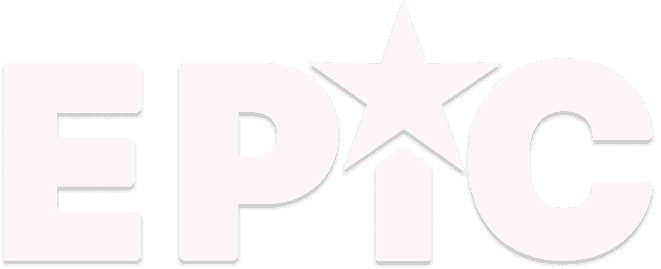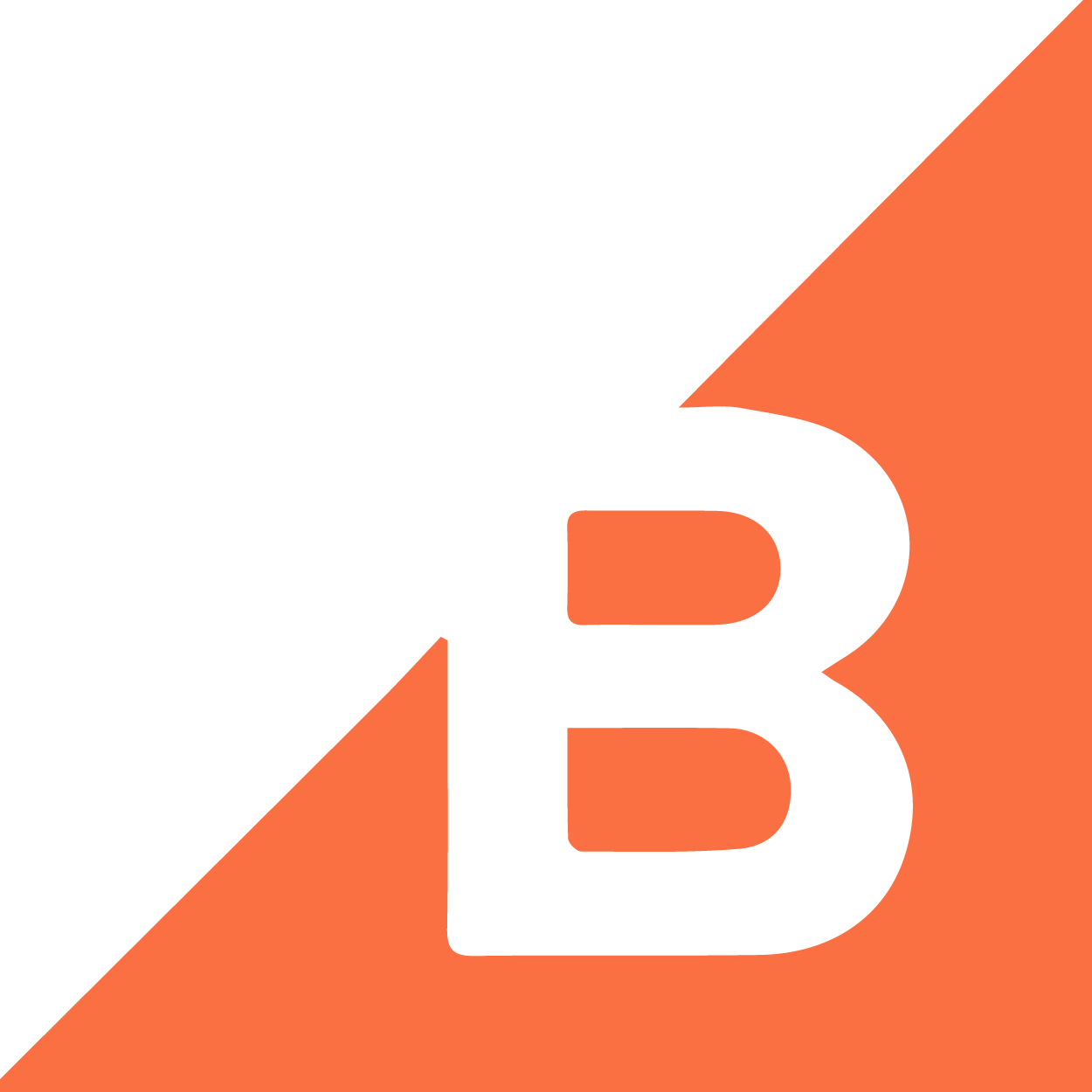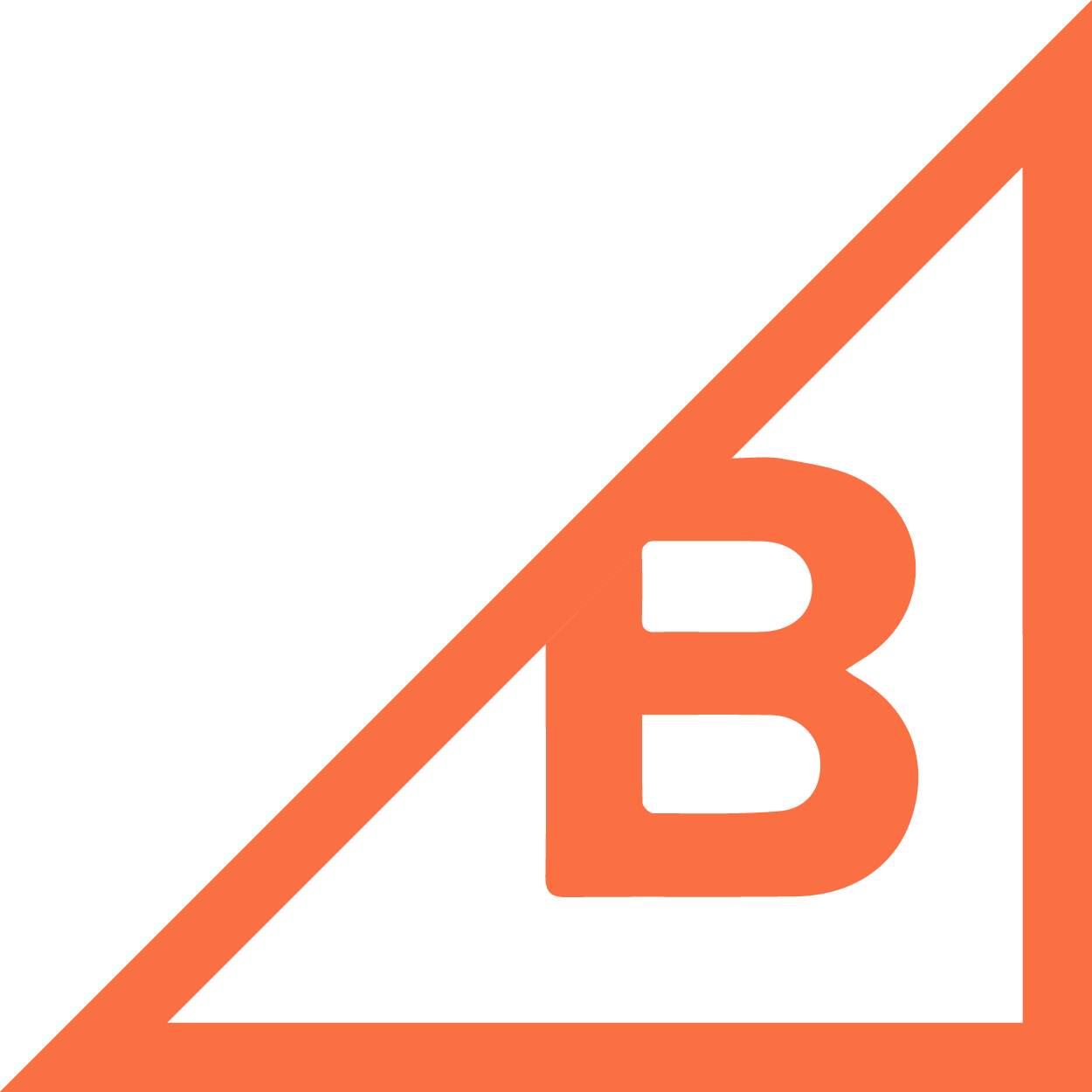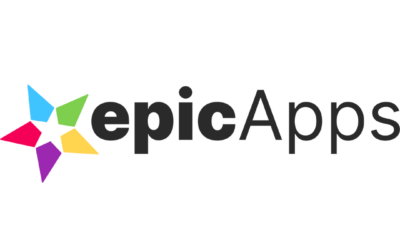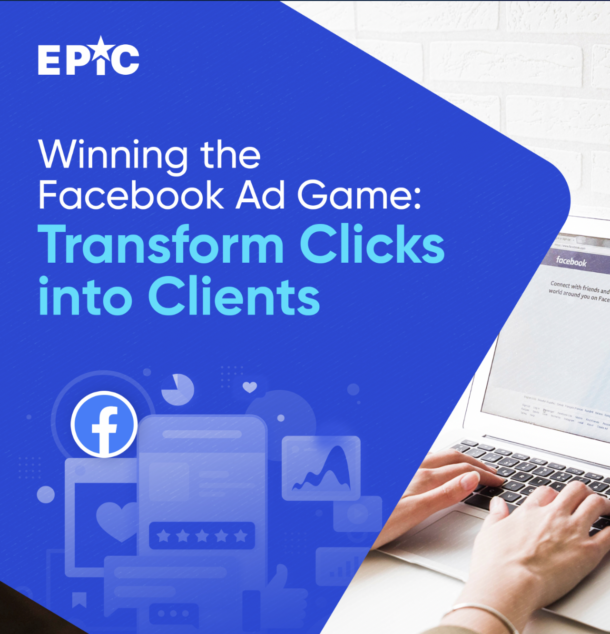You’re pretty much hands-on when it comes to your business. You know your products and services by heart and can describe all of them in minute detail. But when it comes to marketing, specifically digital marketing, you’re kind of lost.
With so many terminologies in digital marketing, is it even necessary to know most, if not all? Our answer is, yes.
As a business owner, you need to have a basic understanding of the concepts of online marketing, or there’s a chance you’ll fail at accomplishing meaningful results. Having a general idea of the basics, even when you won’t be managing this aspect of the business, will help you provide a great visitor experience that will bring in more potential customers.
Let’s start with the three most-used terms in digital marketing: search engine optimization (SEO), search engine marketing (SEM), and pay-per-click (PPC).
Top 3 Digital Marketing Jargons: SEO, SEM & PPC
Of all the digital marketing acronyms, SEO, SEM, and PPC are at the top of the list of the most-used terms. Here are what each means.
SEO
Search engine optimization is the process of optimizing a website to make it more visible in searches. The more optimized a website is, the higher it places in the search index.
Keywords used to be the main driving force of SEO, but now it’s a combination of many different factors, although the optimal use of keywords still remains vital. Apart from keywords, SEO involves everything in your website that contributes to an exceptional visitor experience. This includes fast load times, seamless navigation, and relevant information that provides good value for your viewers.
SEM
SEM or search engine marketing is a blanket term for all the techniques and tools that brands utilize to optimize the visibility of pages and websites in search engines. In theory, it covers both organic and paid marketing strategies, but the term is mostly used now to refer to paid promotions on search engines.
Using SEM, you can place your ads on top of the search engine results page to give your brand instant visibility. Two of the most widely used SEM platforms are Google Ads and Bing Ads.
PPC
Pay-per-click or PPC is a form of paid marketing and a type of SEM. It’s essentially a way for brands to buy visits to their sites. In PPC, brands bid for specific keywords so that their pages will appear as ads on a search result page.
With PPC, you pay the search engine every time an ad you place is clicked on by the viewer which sends him to your website. The price per click is fixed and is dependent on the amount you bid on at the start of the campaign. Google Ads is one of the most popular PPC platforms, but you can also find this marketing tool on Facebook, Twitter, and LinkedIn.
So in a nutshell, SEO is the work you put into your own website to make it more visible to qualified organic traffic. SEM is paid digital marketing that brings in immediate results. And PPC is a way of buying visits to your site through ad clicks.
Other Important Digital Marketing Terms
Aside from the three mentioned above, you may also come across these terms when marketing your website or product online:
Conversion rate
A conversion is defined as an action that you want your visitor to take. This can be anything from getting them to complete a survey to making a purchase on your site.
Conversion rate is the number of visitors to your site that perform a conversion (desired goal) divided by the total number of visitors. The average conversion rate is between 2% and 4%. Anything lower and you will need to implement a conversion rate optimization strategy right away because that means your website is not performing well.
KPI
KPI or Key Performance Indicator is a measurement of how effectively a company is achieving key business goals. KPIs can focus on the overall performance of the business or on specific processes or departments.
It differs from business metrics in that KPIs relate to specific business outcomes with performance measurements in place.
CPA
Cost Per Acquisition is the measurement used to determine how much it costs a business to acquire one customer. CPA is calculated by dividing the total campaign cost by the number of conversions. If the resulting CPA per customer is too high, consider implementing a new strategy for your marketing campaign.
A/B split testing
This refers to similar ads that you run at the same time to see which performs best. Split testing your ads allow you to see which kind of advertisement people like more, which can help you target your audience better.
Lead generation/lead nurturing/lead magnet
Leads are individuals or organizations that are interested in what you are selling or offering.
Lead generation is exactly what it sounds like — generating interest in people who are potential customers.
Lead magnets are the tools you offer to capture your potential lead’s interest. This may come in the form of a discount, a free ebook, a giveaway, or anything you can offer to customers in exchange for their email address.
Once you’ve captured their interest, you nurture the lead until they become a customer. Nurturing can take many forms, such as sending personalized emails or follow-up calls.
Do You Need to Know More About Digital Marketing?
We can help.
Marketing has always been about connecting with your audience in such a way that it leaves a positive impression. Digital marketing is much the same thing, except it’s done through the internet and other forms of digital communication.
We’ll make sure to customize a digital solution for you that will let you connect with and engage your audience to help your business thrive. Give us a call at (888) 498-5361 or drop us a message to know more.
